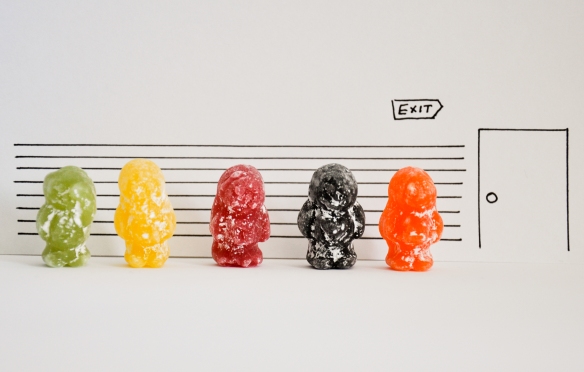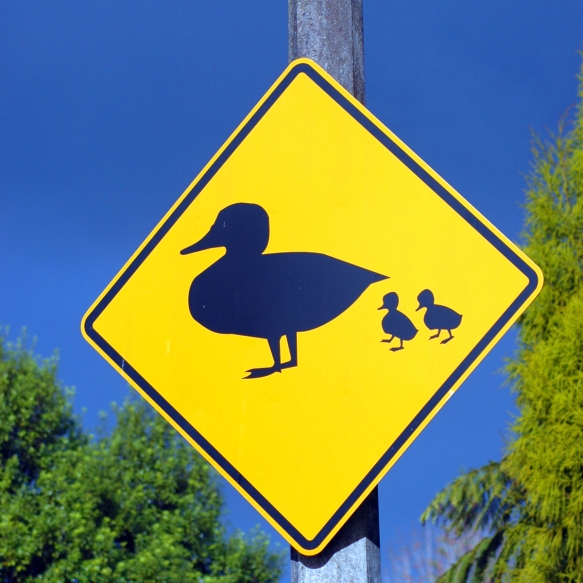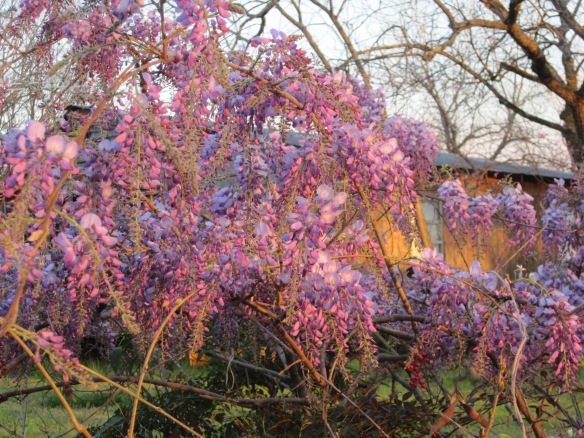“Listen, and I will tell you a mystery…”
(I Corinthians 15:51)
When I was in the fifth grade, our teacher instructed the class on the practice of effective listening. “Watch the person’s lips,” she admonished, “Don’t watch her face. Watch her lips.”

I remember a time in my late teens when I was trying to listen to God. How are you supposed to do that? God doesn’t have lips to watch. And without lips to watch, I heard a cacophony of voices in my head giving directions, offering advice, and issuing threats. The voices tumbled over one another in an endless cycle as if my mind were a dryer with a glass door. I was listening, but not to God. The tumbling voices were attached to all the people who had praised me and loved me, who had scared me and hurt me, who had cajoled me and manipulated me, who had taught me and challenged me. People had lips; God didn’t.
In the passing years, I realized that the tumbling voices came from a gift; I am a good listener. Listening well means more than watching lips. Listening well is hearing tone and sensing emotion. Listening well is to pull back the Self in order to create as much space as possible for the Other to speak, to play, to emerge, to soar, to spill, to spew. To listen is to pay attention to the hands and the shoulders, trace the arc of the eyes, hear the pattern of verbs, and to follow the billowy, lacy, delicate web of thought, gossamer thin and light, sheer, yet, defining.
Soon, if you are listening, you begin to see the delicate web is everywhere. I saw it all; all of us like Charlotte’s babies spinning our silk and ballooning from one place to another. And I began to wonder if spinning my silk to the breeze was a betrayal of the gift of listening I had been given. All those years of listening, observing, making room for the Other to speak, became obstacles to listening for a God with no lips, obstacles to listening to my True Self. When I tried to listen for God, I heard everyone else. When I yearned for my own voice, I could not discern my whisper among the tumbling voices; the voice of my True Self was as hard to find as a lost sock.
Wondering, I asked, “What if I listened to myself with as much attentiveness and gentleness and interest as I had listened to others?” As I became a better listener, I learned that listening well means that I must not forget that I am the one who listens. To hear the tone and sense the emotion, I use my faculties and my intuition. To pull back the Self is not to say the Self can or should disappear. To pay attention to hands and shoulders, I watch with my eyes; to trace the arc of your eyes, I use my vision.
I listen; but when I listen well, I also speak.
© Amy Persons Parkes 2013









